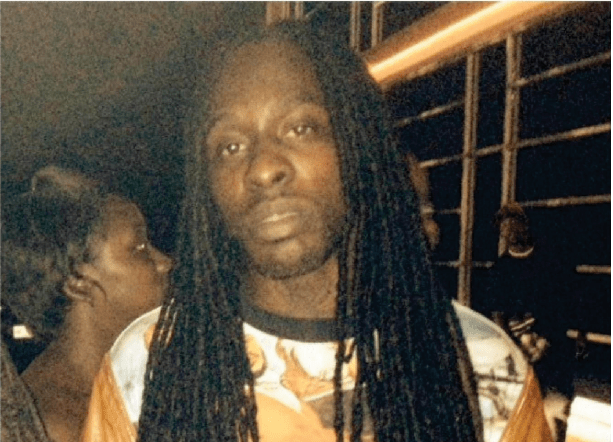SCOTUS Hears Case of Rastafarian Prisoner’s Forced Haircut
The Supreme Court is now considering a case involving a Rastafarian prisoner who had his religious liberty allegedly violated in a Louisiana prison. Damon Landor, a practicing Rastafarian, adheres to a religious vow of uncut hair, a commitment he maintained for over two decades. In 2020, while serving a short sentence for a drug-related offense, prison officials forcibly shaved his head, sparking a legal battle now reaching the highest court.
A Blatant Disregard for Religious Freedom?
The details of Landor’s case are particularly striking. According to court documents, Landor arrived at the prison facility with a copy of a prior federal appeals court decision,
Ware v. Louisiana Department of Corrections
(2017), which specifically ruled that Louisiana’s policy of cutting Rastafarian prisoners’ hair violated federal religious freedom laws. Despite this precedent, Landor was allegedly restrained and forcibly shorn, raising questions about the prison’s understanding and implementation of religious accommodation policies.
The case highlights the tension between prison security concerns and the constitutional right to religious expression. While prisons have legitimate needs to maintain order and safety, these concerns must be balanced against the fundamental rights of inmates. The question before the Supreme Court is whether the prison officials demonstrated a compelling interest in shaving Landor’s head and whether the policy was narrowly tailored to achieve that interest, as required by the Religious Freedom Restoration Act (RFRA).
Implications for Religious Rights in Prisons
The Supreme Court’s decision in this case could have significant implications for religious rights within correctional facilities nationwide. A ruling in favor of Landor would reinforce the importance of religious accommodation and set a clear precedent for prisons to respect the religious practices of inmates. Conversely, a ruling in favor of the prison could embolden correctional facilities to prioritize security concerns over religious freedom, potentially leading to further restrictions on religious expression within prisons.
The case also draws attention to the specific religious practices of Rastafarians, a faith often misunderstood. By taking up this case, the Supreme Court has an opportunity to educate the public about Rastafarian beliefs and the importance of protecting religious minorities.
Awaiting the Verdict
The Supreme Court’s decision in
Landor v. Louisiana Department of Corrections
will be closely watched by religious organizations, civil rights advocates, and correctional administrators. The ruling will not only determine the outcome of Landor’s case but will also shape the landscape of religious freedom in prisons for years to come. The justices will have to carefully weigh the competing interests of security and religious liberty to arrive at a decision that upholds the principles of the Constitution.
Based on materials: Vox





